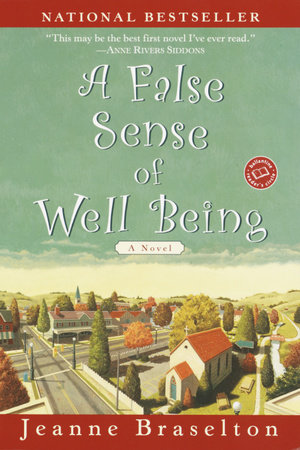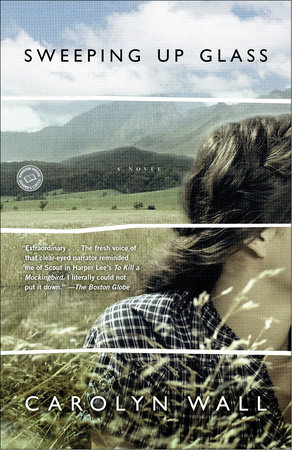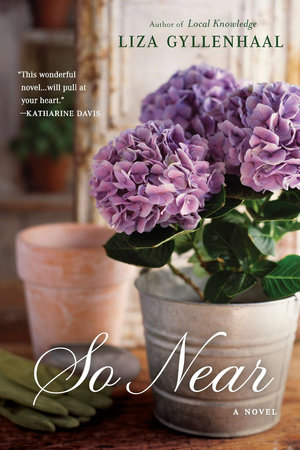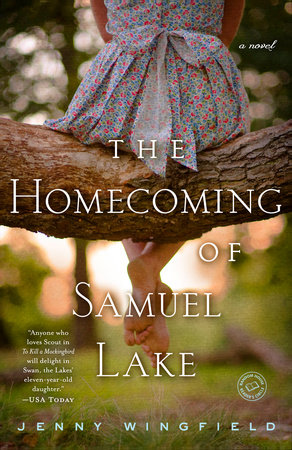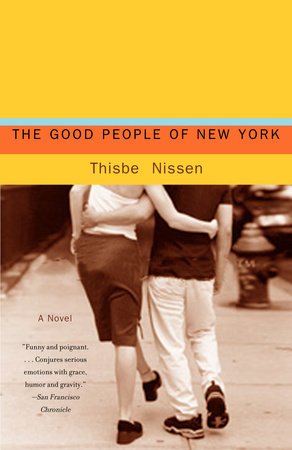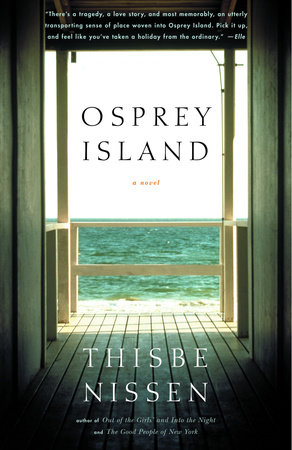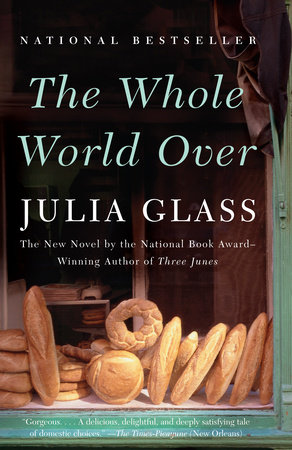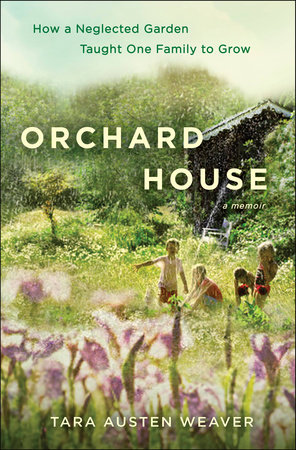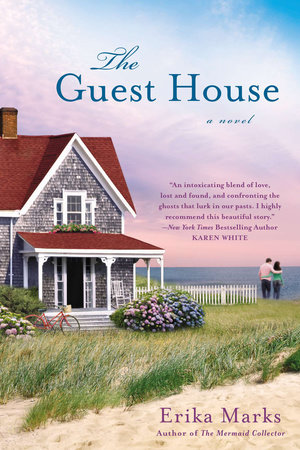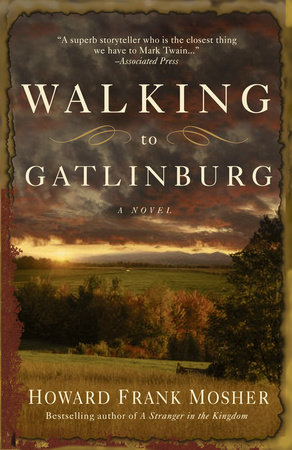A Conversation with Kaye Gibbons
& Jeanne Braselton
Questions We’re Never Asked So We’ll Ask Each Other
Kaye Gibbons is one of the most widely acclaimed novelists of our time.
She is the author of Ellen Foster, A Virtuous Woman, A Cure for Dreams, Charms for the Easy Life, Sights Unseen, On the Occasion of My Last Afternoon, and Raised by Hand (to be published in 2003). Her work has been honored with the Sue Kaufman Prize for first fiction, the Louis D. Rubin Writing Award, the PEN Revson Award, the Heartland Prize, and many other awards, and has received special citations from the Ernest Hemingway Foundation and The American Academy and Institute of Arts and Letters, and a grant from the National Endowment for the Arts. She recently was invited to be a member of the Fellowship of Southern Writers, a most significant honor that recognizes an author’s lifetime achievement.
Gibbons and Braselton met in 1996, when Gibbons was the keynote speaker at the Southern Women’s Writers Conference at Berry College– Braselton’s alma mater–in Rome, Georgia, where Braselton resides. They soon became close friends, and Gibbons became Braselton’s mentor, asking to read an early draft of A False Sense of Well Being. Gibbons has said: "In book table lines, lots of people tell me they’re writing, but I’ve believed only Jeanne Braselton and Charles Frazier."
When A False Sense of Well Being was published in October 2001 and Braselton began her first author tour, Gibbons joined Braselton in Nashville, at the Southern Festival of Books, and traveled with her for more than a week, showing up at bookstores and universities–unannounced, and to the delight of those attending–to introduce her, telling audiences she had a moral obligation to "see Jeanne at the beginning of a long and happy life with the best readers and writers in the world." She went on to say: "Show her the love you have shown me. Tell your friends about her. Put her in your book clubs. She is like both a daughter and mother to me– the best kind of friend. She’s not a one-book wonder. She is a Georgia lady who’d make Flannery O’Connor squirm enough to quit work and raise peacocks for a living."
This interview took place the week of April 9-14, 2002, over the course of several nights, often beginning at 11 PM or later, and continuing into each morning, while Gibbons and Braselton were both writing. Gibbons was finishing her seventh novel, Raised by Hand, while Braselton was working on her second novel, The Other Side of the Air. The interview was inspired by Walker Percy’s self-interview of 1977, entitled "Questions They Never Asked Me So He Asked Them Himself." In that satire of all interviews, Percy discusses his reluctance to consult to interviews in general, and holds forth, devil’s advocate style, about his love of the South and Southern literature. Percy contradicts one of region’s most pervasive myths, saying that it is the absence, not the presence, of the South’s storytelling tradition that gives birth to a distinctive literature. The South, Percy said, is "Crusoe’s island for a writer," and "I’ve managed to live here for thirty years and am less well known than the Budweiser distributor." Gibbons and Braselton discuss this and more in the dialogue that follows.
Kaye Gibbons: Interviewers always ask the same questions, don’t they? What time of day do you write? Do you use a computer or write longhand? Who are your favorite writers? Why do you write about the South? What is the role of the Southern writer in society? What makes Southern literature unique?
Jeanne Braselton: Oh my, yes. Let’s not talk about that.
KG: After being asked a few too many of these sorts of questions, I have to fight the urge to give completely ludicrous answers.
JB: I once told someone that I write in longhand on the walls of my
house, and repaint when I start a new novel. He looked a little
alarmed.
KG: The most impossible question–and it always pops up every few years on literary panels–is: "Are we witnessing the death of Southern fiction?" I’ve been hearing that one for at least fifteen years, and Walker Percy, Shelby Foote, Eudora Welty, William Faulkner, Katherine Anne Porter, and Flannery O’Connor were asked the same thing.
JB: They were tired of trying to answer that one, too. It’s the kind of
question that makes a writer a little batty. I’m pretty sure it was
you who once said, "We’re still writing, aren’t we?" I’ve always
loved and admired you for saying that because, in the end, what
more can be said? Most writers, though, fall into a peculiar kind
of hypnotic state induced only by academics who ask questions
like that, and end up talking about the pervasive influence of
television, the homogenization of the South, with a McDonalds
and a Holiday Inn in every city, and the fact that a good many
people would rather watch football or get their teeth cleaned
than read novels.
KG: As if having a McDonalds on every block is ruining our culture. Indoor plumbing didn’t ruin the South, so why should McDonalds? We stopped having to write about making trips to the outhouse in the middle of the night, but that didn’t stop us from writing.
JB: You can find a McDonalds, and probably a Holiday Inn, in every
major city in the world. I have a friend who once traveled inside
the Arctic Circle, and he walked into this shed–an igloo
really–and all these people were huddled around in fur coats
watching–not a fire, but MTV. And who knows? Maybe we are
witnessing the death of Southern fiction, and fiction in general,
or at least a debilitating illness. It’s my understanding that every
junior editor in New York claims to be looking for the same
thing–‘narrative nonfiction and the occasional novel.’ And yet
there seems to be more fiction out there than ever before. I can’t
keep up with it all.
KG: Sometimes I think being stuck with the label of "Southern writer" is a form of literary discrimination perpetuated by the, critics.
JB: It’s a label that sticks. I can’t think of another regional category,
except for "Western," and we all know that doesn’t refer just to
the region, but to the genre. Call someone a Southern writer and
you immediately think of a certain style, like calling someone a
science fiction writer, or a mystery writer, or a romance writer.
The problem is that the best Southern fiction today is too diverse
for that.
KG: Faulkner’s works have been translated into almost every language on the planet, and even as he was being presented with the Nobel Prize in Literature, he was introduced as "essentially a regional writer" and the "great epic writer of the southern states."
JB: John Cheever was never asked if he considered himself a Northeastern
writer.
KG: Right. Because Cheever wrote about the suburbs instead of Yoknapatawpha County.
JB: Gin instead of moonshine. I guess that’s considered more
American.
KG: What about those of us who write about the suburbs in the South?
JB: Then they call it writing of the "New South," another category
that’s been around forever. I’d like to know who came up with
that term, because whoever it was deserves to be slapped. It
probably was a politician. People have been talking about the
"New South" for at least fifty years, and it’s mostly politicians
promising "new" this and "new" that. Now, every year or so,
somebody puts out a collection of fiction called "Writing of the
New South" or some such. As far as I can tell, there’s nothing
new about it.
KG: It’s the same way the critics judge us as one of two things: literary or popular.
JB: Your work is both, and I can only hope mine will be, too. In that
order. Literary first, but literary fiction that also happens to be
